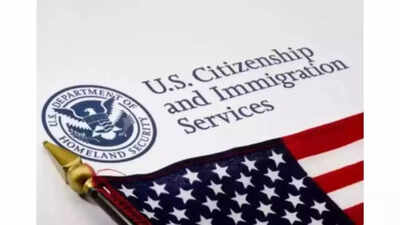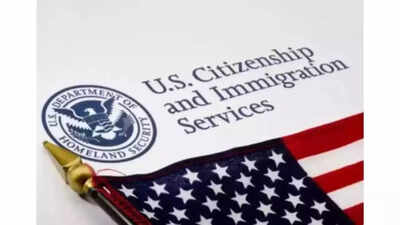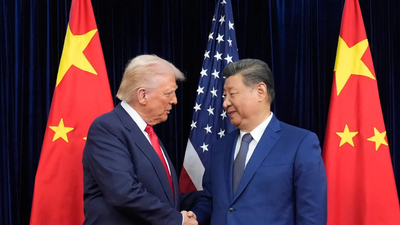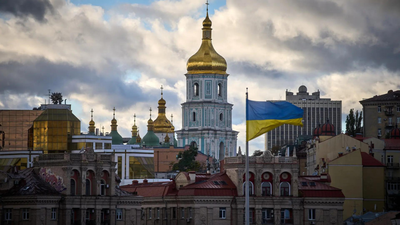
The US has introduced three major immigration changes within two months, significantly affecting Indian professionals, students, and Green Card holders. These include the abrupt end of automatic Employment Authorisation Document (EAD) extensions, a steep increase in H-1B visa fees, and a tougher civics test for naturalisation applicants. Together, these measures are expected to alter the employment and immigration landscape for Indians in the country.Indian nationals are among the largest recipients of US work visas, particularly H-1B and related programmes. In FY 2024, nearly 49,700 Indian-born individuals were naturalised, accounting for 6.1% of all new US citizens, according to US Citizenship and Immigration Services (USCIS) data. The recent changes to EAD extensions, H-1B fees, and the citizenship test have made the immigration process more complex and time-consuming for Indian migrants.
Automatic EAD renewals discontinuedThe Department of Homeland Security (DHS) ended the automatic extension of certain EADs, effective October 30. Previously, applicants renewing their EADs could continue working while their applications were processed. This applied to spouses of H-1B visa holders, F-1 students on Optional Practical Training (OPT), and certain asylum seekers. The removal of automatic renewals means each renewal will now undergo fresh vetting, potentially creating gaps in work authorisation. Processing times for EAD renewals can take seven to ten months, which may affect employment continuity for Indian professionals and their families.H-1B visa fees increased to $100,000On September 19, the US government announced a significant rise in annual H-1B visa fees to $100,000 for new petitions filed for beneficiaries outside the US without a valid H-1B visa. Employers, not the visa applicants, are required to pay the fee. Existing H-1B holders and change-of-status petitions for applicants already in the US are exempt. The increase has caused concern among companies sponsoring Indian talent, with major employers like Walmart pausing hiring for candidates requiring H-1B visas. This fee hike represents a substantial financial burden for organisations that rely heavily on Indian professionals in technology and other sectors.Naturalisation test requirements toughenedFrom October 20, USCIS introduced a new civics test for Green Card holders seeking citizenship. Applicants must now answer 20 questions drawn from a pool of 128 and correctly answer at least 12 to pass. Two attempts are allowed, and failure on the second attempt results in denial of citizenship. Greater emphasis is placed on assessing an applicant’s moral character. Simplified versions of the test are available for applicants aged 65 or older with at least 20 years of permanent residency. Additionally, all non-US citizens, including Green Card holders, are now required to be photographed when entering or leaving the country.Impact on Indian talent in the USThese three measures—ending EAD extensions, increasing H-1B fees, and tightening citizenship tests—reflect a broader effort to regulate immigration and work authorisation. Indians, who constitute a large proportion of H-1B recipients and recent naturalised citizens, are directly affected. The changes introduce delays, added costs, and more stringent eligibility requirements, influencing career planning, employment security, and the naturalisation process for Indian professionals and their families.The recent immigration adjustments illustrate how the US is reshaping its policies towards foreign workers. For Indian talent, navigating EAD renewals without automatic extensions, higher H-1B visa fees, and a more challenging citizenship test may require additional preparation and resources, altering long-established pathways for work and residency in the country.






